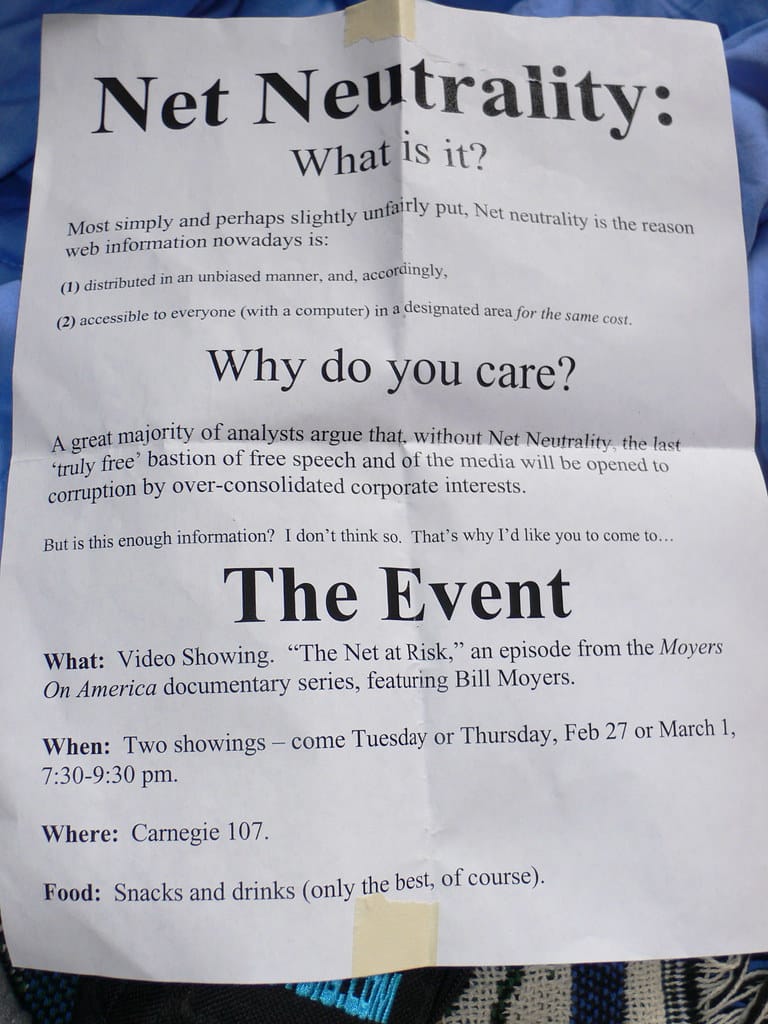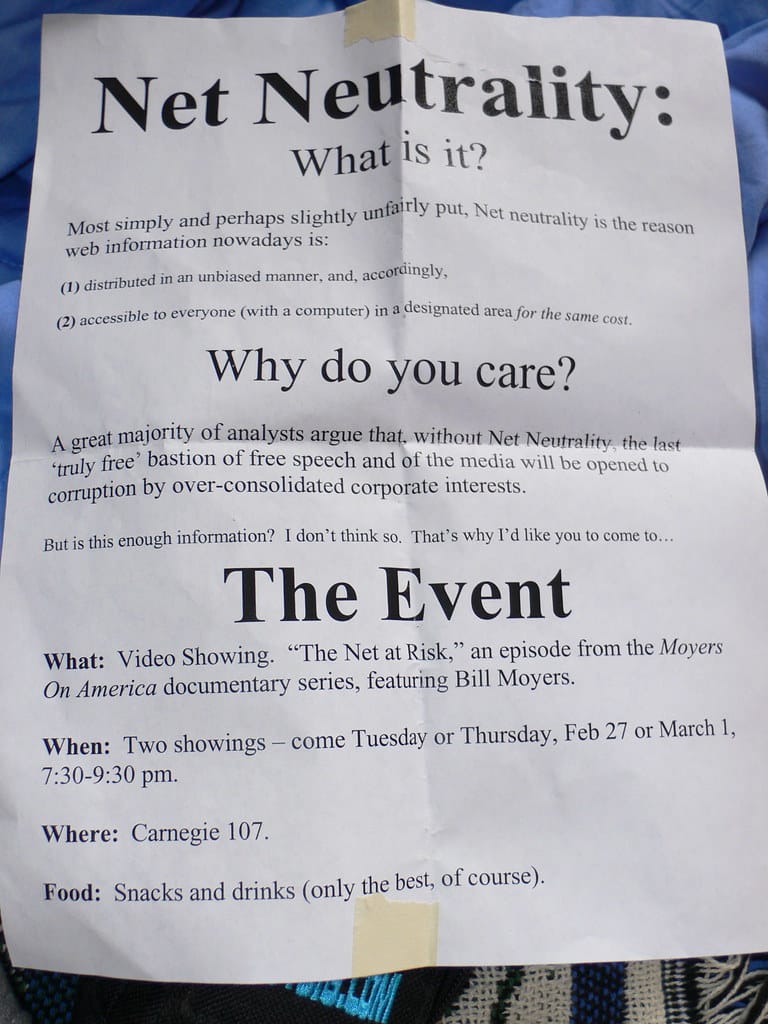FCC Chair Under Fire: Net Neutrality Reversal Sparks Accusations of Political Theater
The Federal Communications Commission finds itself at the center of a fierce political storm as critics accuse Chair Brendan Carr of orchestrating "political theater" designed to appease net neutrality opponents. The controversy has reignited the decades-long debate over internet regulation, with stakeholders questioning whether policy decisions are being driven by genuine regulatory concerns or partisan politics.
The Allegations Surface
Digital rights advocates and Democratic lawmakers have launched sharp criticism against Carr's recent statements and policy positions, alleging that his approach to net neutrality represents a calculated move to satisfy telecommunications industry interests rather than protect consumers. The accusations center on Carr's public comments suggesting a potential rollback of current net neutrality protections, which critics argue lacks substantive justification.
"What we're seeing is a predetermined outcome in search of a rationale," said Jessica Rosenworcel, a former FCC commissioner who has been vocal about maintaining strong net neutrality rules. "The Chair appears to be building a case for deregulation that serves industry interests rather than the public good."
Understanding the Stakes
Net neutrality rules, which prevent internet service providers from blocking, throttling, or prioritizing content for payment, have been a regulatory ping-pong ball for over a decade. The Obama administration implemented comprehensive rules in 2015, which were subsequently repealed under the Trump administration in 2017, only to be restored under President Biden in 2021.
The current framework treats broadband as a public utility, requiring ISPs to treat all internet traffic equally. This regulatory approach has drawn consistent opposition from major telecommunications companies, who argue that it stifles investment in network infrastructure and limits their ability to manage traffic efficiently.
Industry Response and Economic Implications
Telecommunications giants like Verizon, AT&T, and Comcast have long lobbied for reduced regulatory oversight, arguing that market competition provides sufficient consumer protection. They contend that utility-style regulation discourages the billions of dollars in annual network investments necessary to expand broadband access and improve service quality.
"Heavy-handed regulation creates uncertainty that ultimately harms consumers by reducing incentives for network improvements," stated Jonathan Spalter, CEO of USTelecom, the industry's primary trade association. "We need regulatory certainty that encourages investment, not political theater that changes with every election cycle."
However, consumer advocacy groups present compelling counterarguments. Data from the Electronic Frontier Foundation shows that during the 2017-2021 period without net neutrality rules, several documented cases of ISP throttling and blocking occurred, particularly affecting streaming services and political content.
The Political Theater Accusation
The "political theater" characterization stems from critics' observations that Carr's public statements appear designed to create controversy rather than address specific regulatory problems. Unlike previous FCC chairs who typically announced policy changes through formal proceedings, Carr has used social media and public appearances to signal potential regulatory shifts.
"This isn't how serious policymaking happens," argued Matt Wood, vice president of policy at Free Press Action. "We're seeing soundbites and Twitter threads instead of substantive rulemaking proceedings. It suggests the outcome is predetermined."
The timing of these statements has also raised eyebrows, coming just months before the 2024 election cycle intensifies. Critics argue that Carr's approach appears calculated to energize the Republican base while creating talking points for industry supporters.
Broader Implications for Digital Rights
The controversy extends beyond net neutrality to encompass broader questions about digital rights and regulatory independence. Consumer groups worry that any weakening of net neutrality protections could create precedents for rolling back other digital consumer protections, including privacy regulations and accessibility requirements.
Small businesses and startups have also entered the debate, with many arguing that net neutrality rules provide essential protection against ISP gatekeeping that could favor larger companies able to pay for priority access.
Looking Forward
As the debate intensifies, the FCC faces mounting pressure to clarify its regulatory intentions. The commission's next moves will likely determine whether these accusations of political theater have merit or whether substantial policy changes are truly warranted.
The net neutrality debate ultimately reflects broader tensions about the role of government in regulating digital infrastructure. While industry groups push for market-based solutions, consumer advocates insist that strong regulatory oversight remains essential for protecting internet freedom and innovation.
Key Takeaway: The current controversy highlights the ongoing challenge of balancing regulatory certainty with legitimate policy debate. Whether addressing net neutrality or other digital issues, effective policymaking requires transparent processes that prioritize evidence over political positioning.

